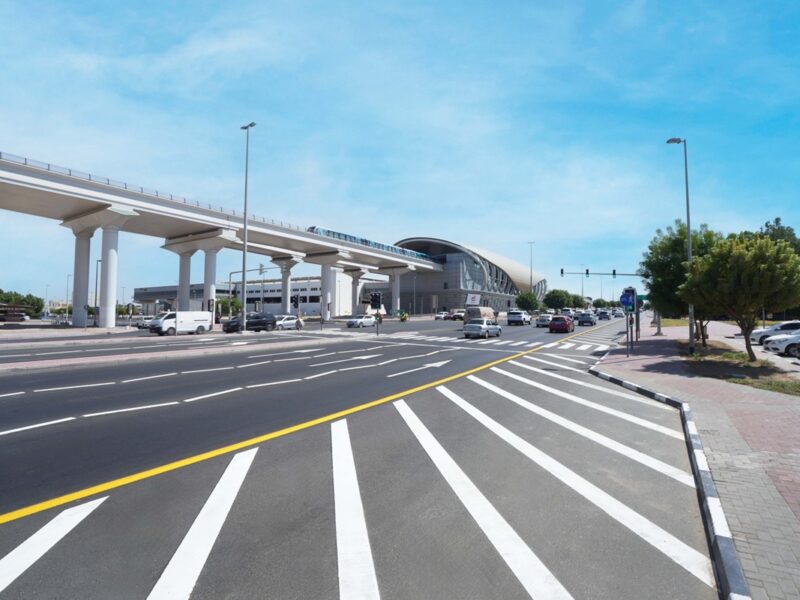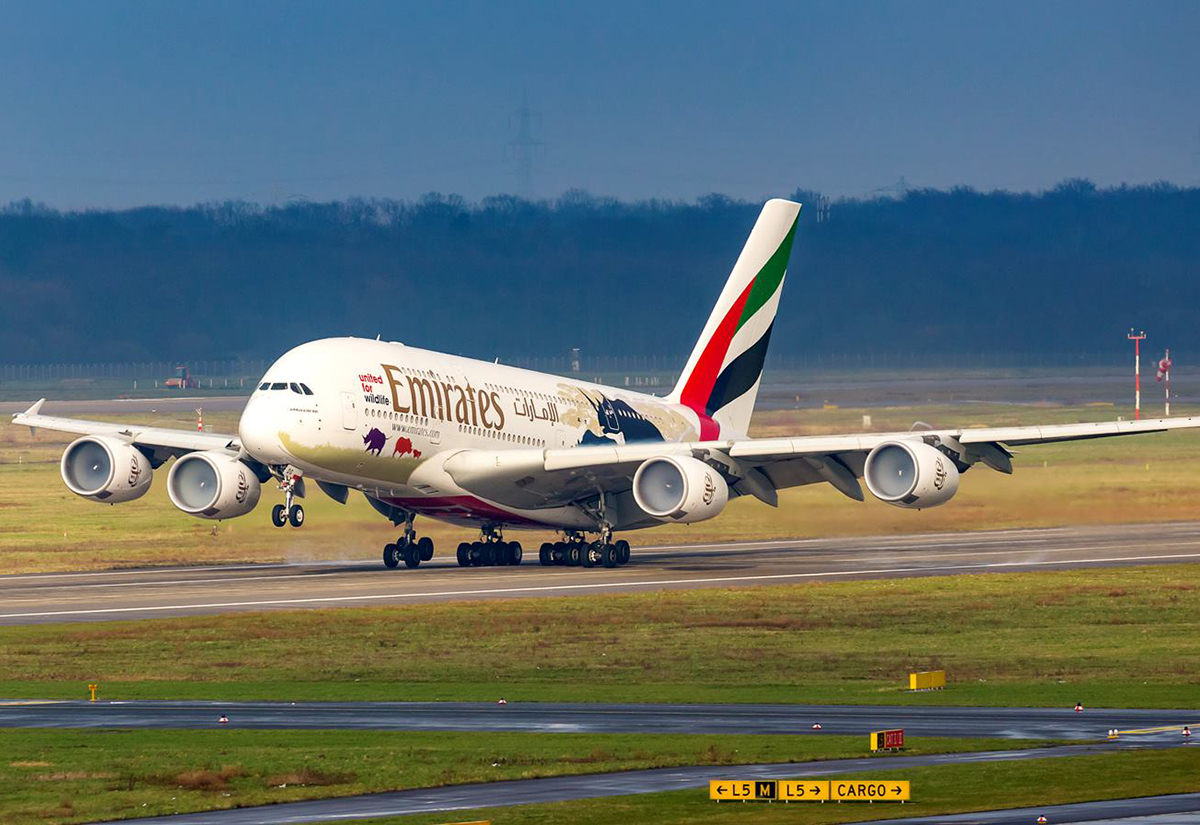Dubai’s Emirates airline President Sir Tim Clark praised the administration of US President Donald Trump for its commitment to Open Skies and its refusal to intervene on behalf of the “big three” US airlines in their long-running dispute with Gulf carriers.
During a meeting last week between Trump and the CEOs of US airlines, including American and United, the airlines were unable to commit to intervene in the Open Skies dispute.
According to media reports, the airlines were told by Trump to either file and substantiate a complaint under the International Air Transportation Fair Competitive Practices Act of 1974 (IATFCPA) or end their lobbying efforts against Gulf carriers, including Emirates.
In the July 2019 edition of Open Sky, Emirates’ government affairs journal, the airline said “it is becoming increasingly clear that their protectionist campaign is a colossal failure”.
No surprise
In an opinion piece published in Air Transport World, Clark said that the US President’s message came as “no surprise”.
“After all, in the past the big three have consistently relied on IATFCPA complaints filed with the US Department of Transportation (DOT) if they had international competitive concerns,” Clark said.
“The process is advantageous because complaints must be considered and acted upon by DOT in an expedited 180-day schedule and are carefully evaluated by DOT’s highly experienced and professional staff.”
Instead, Clark added, the airlines have conducted a “four-and-a-half-year, multi-million dollar lobbying campaign to try to limit consumer choice and marketplace competition.”
Suffered
Additionally, Clark said he believes there are a number of reasons that the airlines have avoided the shorter process of publicly filing an IATFCPA complaint.
“To prevail, they must show they have suffered commercial harm as a result of the alleged unfair competitive conduct,” Clark said.
“Having collectively earned more than $40 billion in profits since starting their campaign in January 2015, it is extremely difficult to do so.
“Similarly, US DOT Bureau of Transportation Statistics (BTS) data directly contradict the other big three claim that Gulf carrier competition is an existential threat to US airline jobs. BTS data show that employee count at Delta, American and United has growth 9,516 (11.8%), 9,437 (9.5%) and 6,582 (7.8%), respectively, between 2015 and 2019,” Clark added.
Strong support
In June, the US and UAE said in a joint statement that they plan to “fully maintain all aspects” of the Open Skies relationship established in 2002.
The announcement followed a joint economic policy dialogue held in Washington DC, in which the two “reaffirmed their strong support” for the Air Transport Agreement (ATA) penned in 2002, as well as the “understandings” of a May discussion that “reinforced the principle of a fair and equal opportunity to compete in providing international air transportation governed by the ATA.”
Following the meeting, Clark said in a statement that “Emirates commends the Trump administration for reaffirming its full and unqualified commitment to US-UAE Open Skies agreement”.
“This should end an unfortunate chapter in the mutually beneficial US-UAE aviation relationship that provides the US with a significant trade surplus and supports hundreds of thousands of US jobs,” he added.









